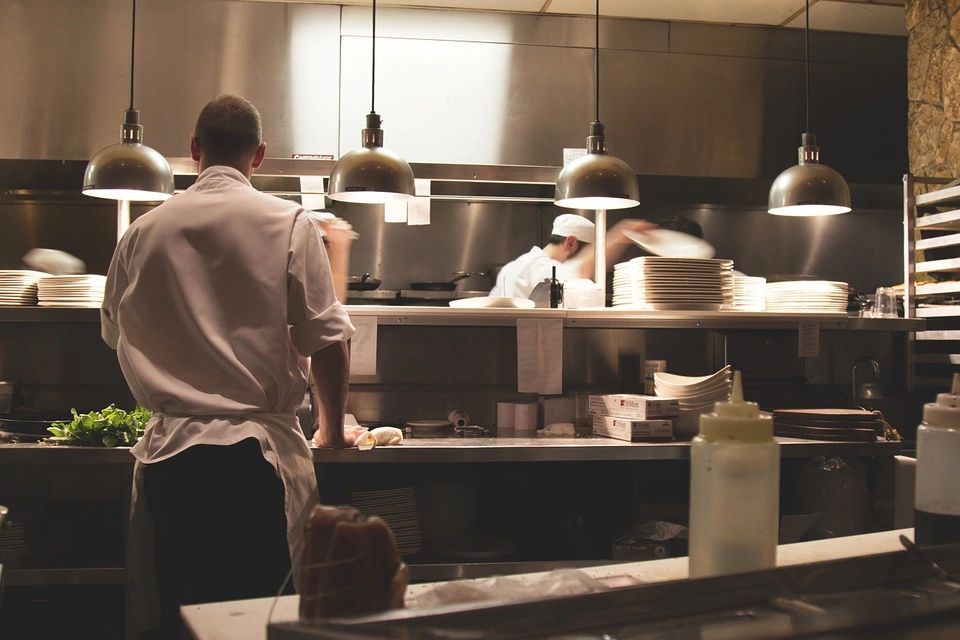Chances are you’ve never thought about what’s between your food and the QR code menu being used to order at many restaurants. QR code menus were hardly ever seen until 18 months ago. The pandemic changed all that.
Shared menus were replaced with pointing your phone camera at a QR code. It opens a restaurant’s website to display the menu. Other QR codes link to sophisticated systems that also take orders and charge customers.

QR Code Privacy Concerns
In fact, a QR code can be programmed to link to anything. That’s where privacy concerns come in. As for restaurants in many cases, the QR code you just shot is already tracking you.
Customers may not know it but you’re being tracked with when, where, and how frequently you scan a QR code. QR code systems can activate cookies to track your purchase history. Your name, phone number, and credit card are captured to a database.
Your personal data is being tracked and shared unknowingly
Those databases full of your personal details in some cases are offered to other establishments. The big problem is that the vast majority of QR code systems lack any clear privacy controls for customers to opt-out.
QR Code gets its name from “Quick Response”
Even after people learn how their data can be manipulated the use of QR codes is unlikely to slow down. Customers enjoy the speed and ease of QR codes. After all, the letters QR come from “quick response”.

Restaurants are seeing the benefits of QR codes to their bottom line
50% of all full-service restaurants in the US are using QR codes since the pandemic according to the National Restaurant Association. QR code menus reduce labor cost by as much as 30% to 50% since servers don’t need to take orders and collect payments.
Restaurants are finding the value in tracking consumers’ ordering habits to better know what’s selling on the menu. This allows for more efficient pushed offers based on the history of customers’ spending.
Hackers are triggering QR code trouble
As food ordering is making QR codes more popular and easy to use, hackers are thinking of new ways to trigger all sorts of trouble.
A sign saying “Click this QR code for 20% off” may be a discount to your privacy and security instead of a deal.
Hackers are using QR codes to bait people into scams. For example, a hacker may link you to malware to launch a ransomware attack. This is made possible since there really is nothing stopping a QR code to be programmed to launch and open virtually anything — even harmful websites and privately hosted malicious apps.

How to avoid a QR code prying into your privacy
My best advice is, don’t point your phone at just any QR code. Think before you capture a QR code with your phone making sure it’s a trustable source. Never allow an app to be uploaded that did not come from either the Apple App Store or Google play store directly.
If you’re using strong security protection software and apps on all of your devices, chances are that threats of these types can be intercepted before they cause harm.
See my list of the best security protection software options here.


